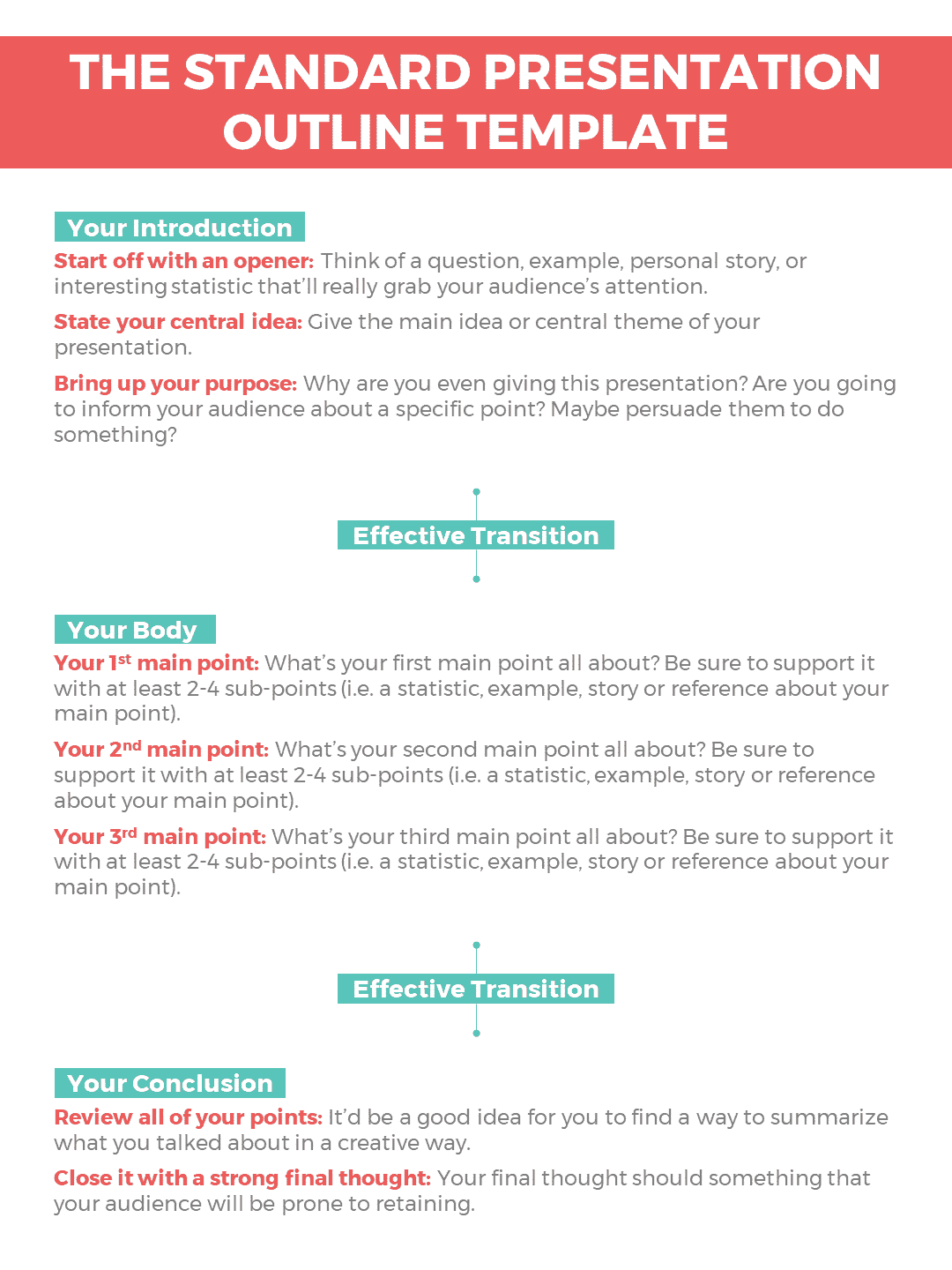I get it. Memorizing your presentation seems like a good idea. After all, every presentation you give is an opportunity for you to show off what you got in front of people that matter. Naturally, you’re planning to do everything you possibly can to reduce your risk of flopping in front of your audience, as a good presenter should.
Sadly, however, expectations don’t always meet reality.
Killing the Magic
Memorizing your presentation content word-for-word can actually do more harm than good. In fact, I’d even argue that learning your presentation by-heart could backfire and make you look seriously ineffective as a communicator in front of the people you worked so hard for.
If you’ve ever heard the saying “over-planning kills the magic,” then you know exactly what I’m talking about.
Two years ago, I was at a conference where someone in his late 40’s held a presentation discussing key industry trends. His slides were gorgeous, and I could tell he spent a lot of time working on his content.
But something felt ‘off.’
It was like watching a bad actor audition for a major blockbuster film. There was absolutely zero passion in his words, his voice was a constant monotone, and his body language was non-existent. It legitimately felt like a robot was presenting the content to me.
To top it all off, I didn’t understand a word this guy was saying. And it’s not that I couldn’t understand, I simply didn’t want to understand because of how uninterested I was. In fact, the only thing I could clearly remember was finding out that Brazilian ex-president Dilma Rousseff was impeached at the time. Want to know why I remembered that? It’s because I was looking through my Twitter feed out of sheer boredom, praying the presentation would end.
By memorizing your content, you’re taking yourself out of the equation, and the conversational tone that’s supposed to be there with it. In effect, what you’re doing is distancing yourself from your audience.
On the other hand, when you treat your presentations like a conversation, you’re prone to make your audience take an adventure with you; an adventure that you’re leading. How awesome is that? You’re exposing them to your emotions, your passions, and experiences. You’re making yourself relatable to them, which should always be your end goal.
At the end of the day, if I’m a part of your audience, it’s your job as a presenter to not only make me engaged but to keep me engaged. And I promise you, seamlessly reciting words will not do that.
Stop Memorizing and Start Planning
Rather than spend a lucrative amount of time memorizing words, take a simpler (and more practical) approach instead.
Plan your speech using an outline, ensuring the beginning, body, and end are clearly labeled, and then memorize what you’re going to talk about instead of what you’re going to say. Here’s a good template to get you going.
Notice how all the points are not super-detailed or specific. As I mentioned, these are supposed to act as refreshers to discuss what you’re going to talk about as opposed to what you’re going to say. You have a better shot at this technique since it allows you to become creative in your delivery. Plus, it saves you loads of time in the planning process.
In Closing
Memorizing is for people who don’t know better, and I know you know better. Leave the robot imitations to the AI specialists and instill some passion in our presentation delivery. It all comes down to planning, after all.
This Post Was Featured
This post was featured on Geetesh Bajaj’s PowerPoint blog, Indezine. Have a gander at some of the content published there. It’s pretty good!

